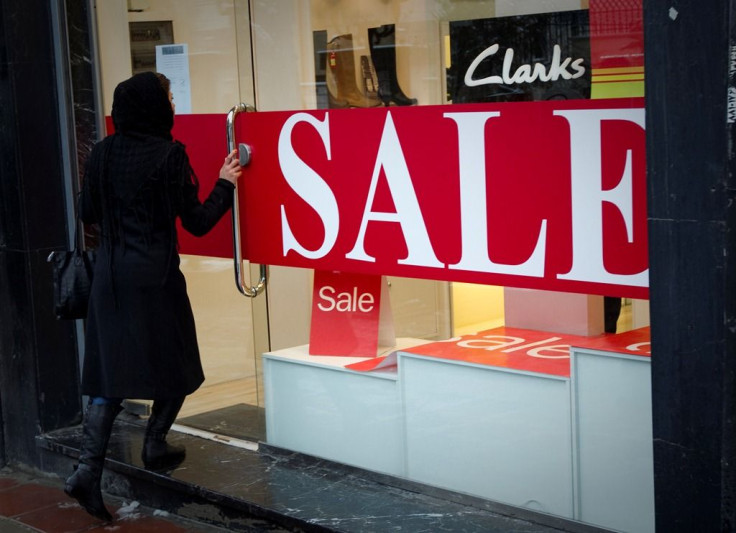Iran Wants To Avoid Excess Import Of Foreign Products

While there seems to be huge interest among foreign nations in resuming trade with Iran after sanctions are lifted, the Islamic Republic has said it will be more careful in choosing trade partners. Tehran said it does not want to import excessive foreign products into the country.
Spokesman Mohammad-Baqer Nobakht said Iran’s conditions had changed over the years. He told reporters foreign countries and companies had earlier treated Iran “from the position of exclusivity.”
“In the post-sanctions period, we are not forced to deal with only a handful of countries. Rather, there are various businesses [that are interested to enter the Iranian market] and we have the power to choose the best,” Press TV quoted Nobakht as saying. “The countries that had been calling for implementing tougher sanctions on Iran are today overtaking each other in a rush to Tehran in search for business opportunities.”
Australian agricultural company Sunrice is one of the overseas companies eager to do business with Iran. Chief executive Rob Gordon said the Iran deal is going to deliver an “avalanche of trade” for Western companies.
Sunrice already does significant business with Jordan, Saudi Arabia and Syria in the Middle East, with sales growing 41 percent to $141 million in the past year. The Sydney Morning Herald quoted Gordon as saying the company was expecting the branded rice market in the Middle East would grow from $4 billion in 2012 to $8 billion in 2017.
Sunrice launched basmati rice, originating in India, in the Middle East under the brand name “SunWhite.” The company is also planning to launch more products like rice chips in the region.
© Copyright IBTimes 2025. All rights reserved.





















